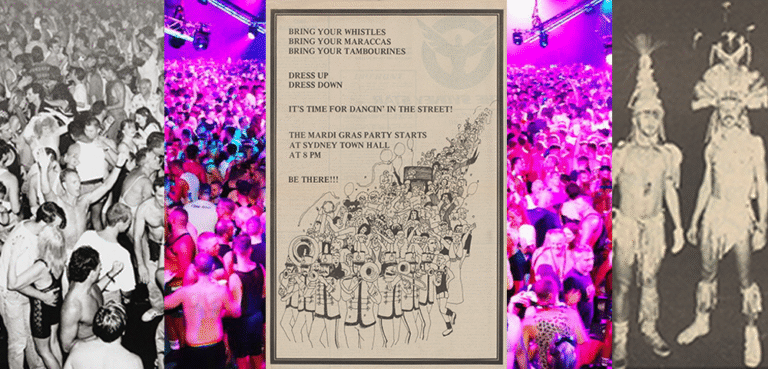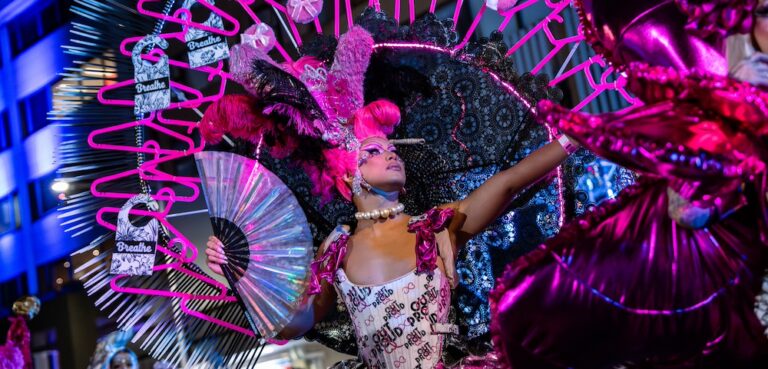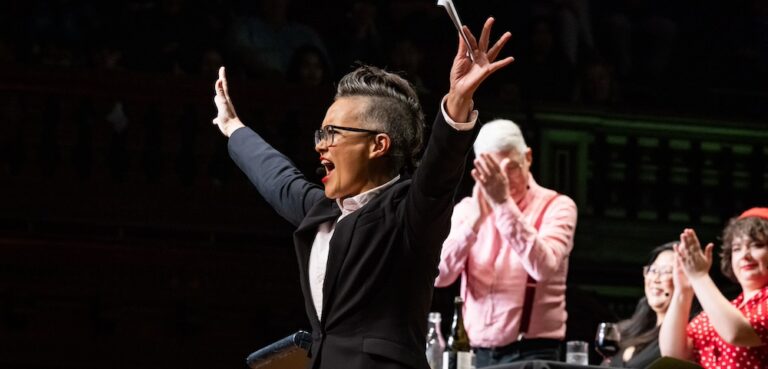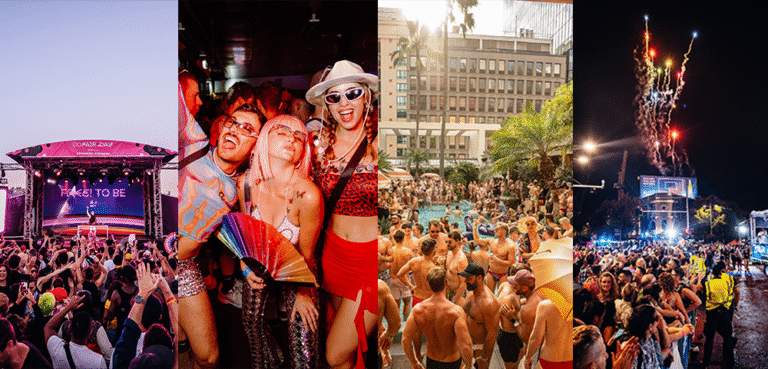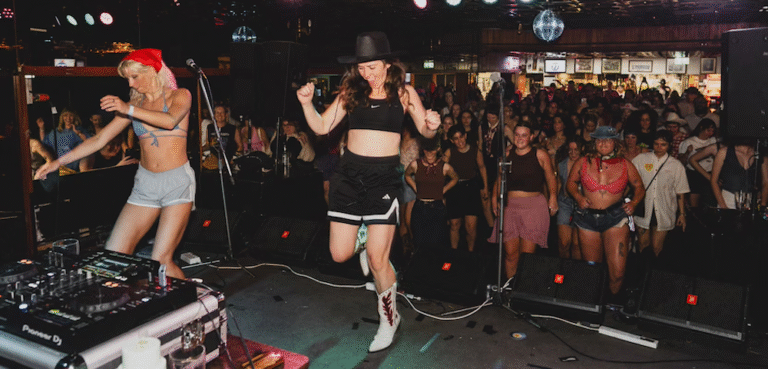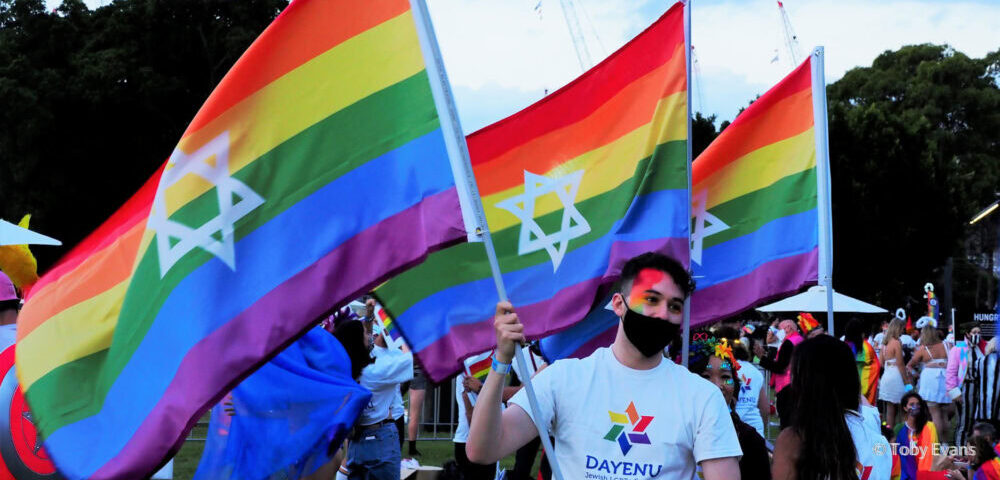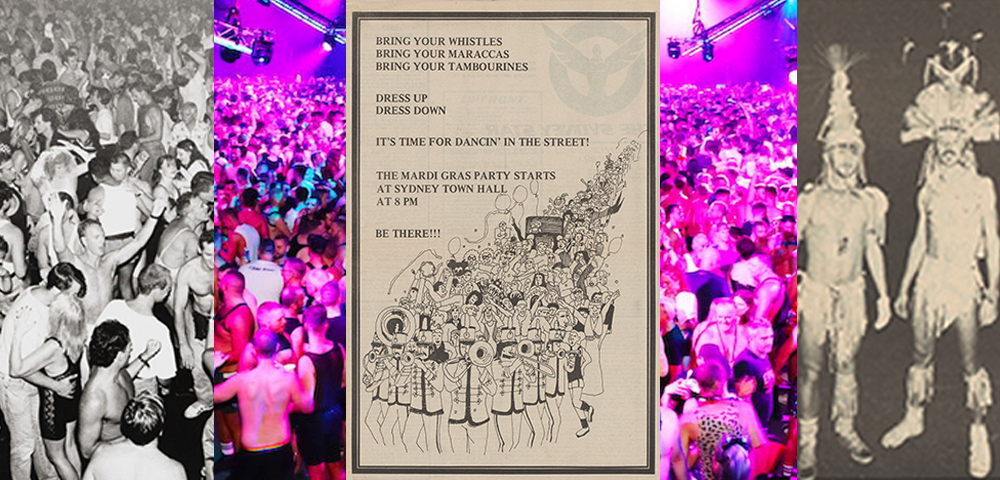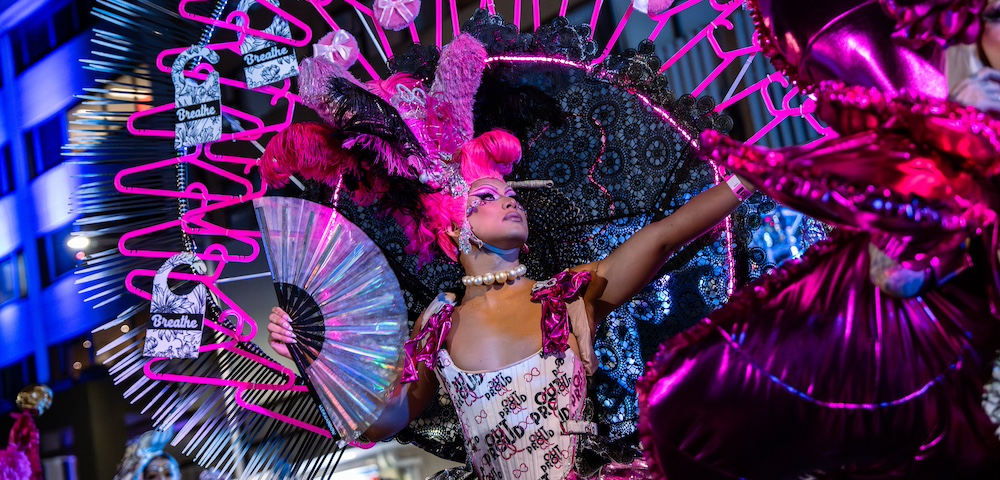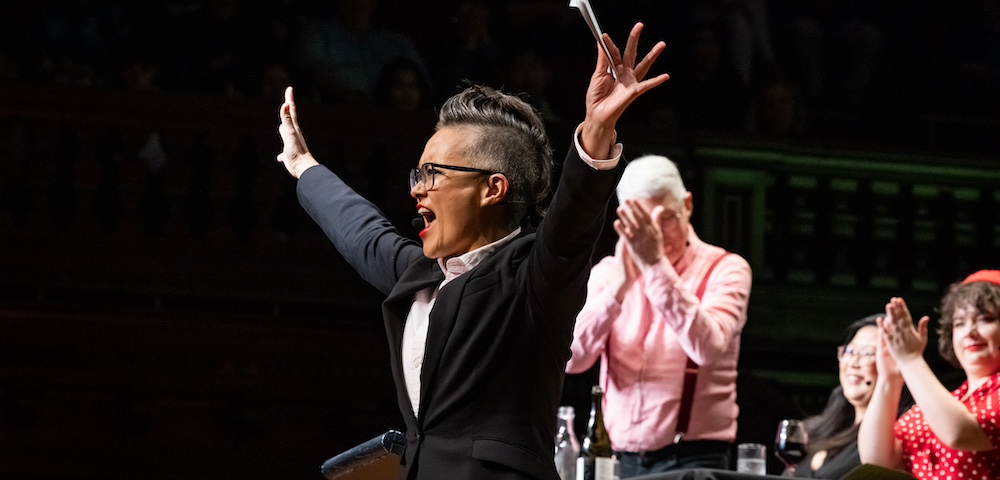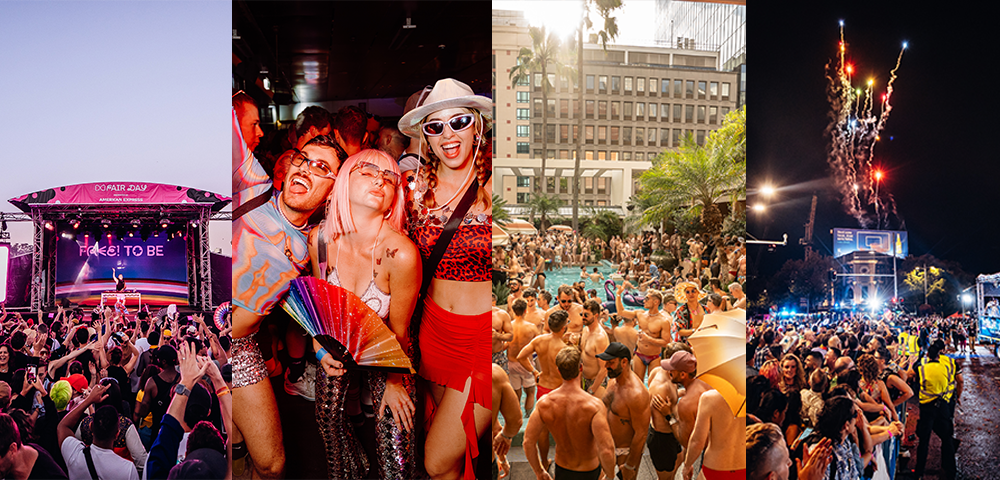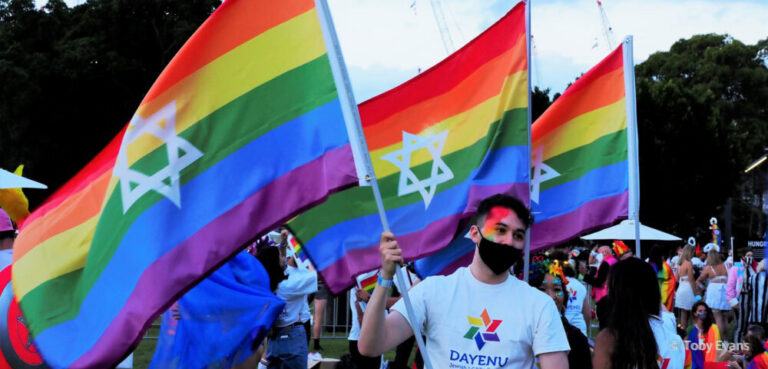
“Is It Alright With You That I’m Asian?”
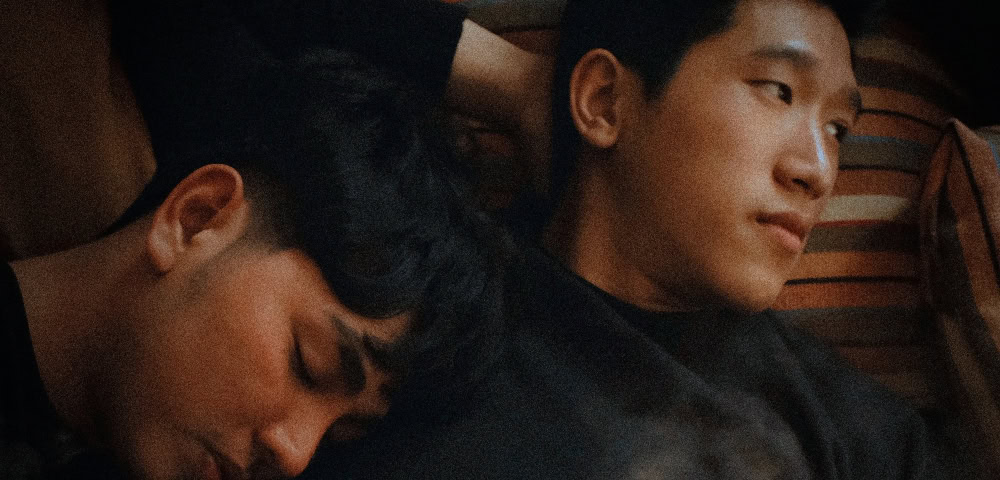
By Gene Lim
“Is it alright with you that I’m Asian?” The message popped up on my white friend’s Grindr notifications. It broke his heart to think of the experiences that would make someone second-guess themselves on such a fundamental level.
I just shrugged. “Most Asians know that gay men greatly prefer white guys – even other Asians. We’re used to the rejection.”
Despite my mate’s protestations about how fucked that was, it’s true. While shocking at first, many of us simply resign ourselves to that fact and find a work-around. There are even figures to back it up – in 2019, Kirby Institute researchers found that Asian men (alongside Aboriginal men) were rated as the least attractive ethnic group among Gay and Bi Australian men.
As a researcher studying sexual racism, this interaction made me realise that many Asian men still carry the hurts inflicted by these experiences. How then, can we begin to heal from sexual racism?
Understanding And Recognising Sexual Racism
“No Asians” and “No Rice” are probably what we think of when sexual racism is mentioned. But these preferences reflect larger trends in a person’s upbringing, their social circles, and the media they consume.
Jokes about all Asian men being ‘bottoms’, and depictions of us as feminine, waifish and submissive all contribute to racial stereotypes that stick like – well, rice. These stereotypes are a liability in a community where these traits are usually deemed unattractive.
While there’s nothing wrong with being any of these things, there’s a lot wrong with thinking that every member of such a diverse group thinks, looks and acts identically. For me, understanding why other men had such a distorted view of me helped me recognise that this was a them problem –not a me problem.
Sexual Racism Affects Us
Understanding sexual racism doesn’t make it any less painful. Some of my oldest participants have dealt with sexual racism for decades – the kind that was unabashed, unapologetic and deliberately hurtful. For them, hearing “I’m not into Asians” still stings to this day.
Sexual racism doesn’t just cause temporary emotional wounds. Feelings of frustration, hopelessness and even shame often linger because we seldom have the chance to process these experiences. This causes other issues. One participant’s experiences of sexual racism even worsened an existing anxiety problem and contributed to later problems with erectile dysfunction.
While we may like to think we’re unfazed by these experiences, we should be honest with ourselves about how it makes us feel, and how it influences the way we approach sex and dating.
Strategically Looking for Support
Research participants often thanked me for the opportunity to talk at length about such a private and traumatic experience. I realised that most had nobody to discuss this with.
The few participants who reached out for help found that other men of colour had similar experiences. These men were able to mutually understand and support one another in processing these experiences. At the same time, my participants seemed to benefit from limiting contact with people who refused to believe their experiences.
For one participant, this was an ex-friend who labelled him a ‘drama queen’ for discussing sexual racism. For another, this was an acquaintance who insisted that getting in better shape would make men overlook his Asian-ness.
Overcoming sexual racism isn’t about becoming desirable or fuck-able to white men. It’s about refusing to let our experiences of sexual racism define us or narrow our horizons. We are all worthy and deserving of love, and no one’s ‘racial preferences’ should make us doubt that.
Gene Lim is a Research Officer at the Australian Research Center for Sex, Health and Society at La Trobe University whose research involves sexual racism and LGBTQ mental health.
